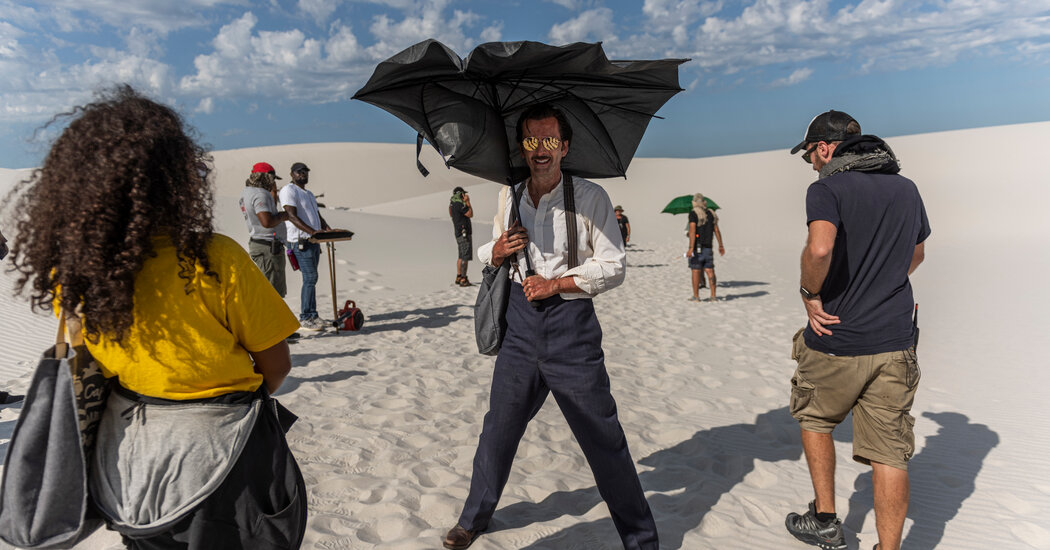
And, Tennant added, “we worked hard on the thrills and spills.”
The narrative arc of the show was shaped by the route the travelers follow, Pharoah said, traveling east from Europe to Yemen, India, Hong Kong, the Pacific and to the West and East coasts of the United States before heading back to London. (Apart from brief scenes shot in London, filming took place in South Africa, which stood in for the “hot countries,” Pharoah explained, and Romania, which was used for Europe and North American scenes.)
“The research was often about finding something that was actually happening in that year in those countries,” Pharoah said, referring to 1872. Real historical events were used to build plotlines, he explained, which include uprisings in Paris, “political shenanigans” in India and one in which Bass Reeves takes a white prisoner to trial.
“Each episode is in a different country and has a discrete story line, so they are almost like mini-films,” Pharoah said. “It was very ambitious for television because from a design perspective, you had to create every episode from scratch.”
When it was suggested that telling a story set in colonial Britain might be a sensitive issue today, Tennant said that from a 21st-century perspective, “you have to acknowledge it’s not something to celebrate.”
He added: “That’s part of Fogg’s journey I think — realizing that the world he lives in isn’t necessarily the world as it should be. And you have Passepartout looking at it all with a raised eyebrow, another lens on colonial history. I think people will go, this is a time in history we have mixed feelings about.”
Then he grinned, settled back in his chair and looked around the beautiful garden. “But everyone loves a period drama!”




